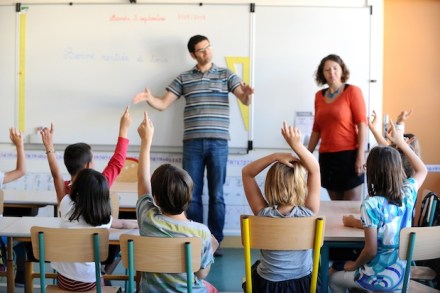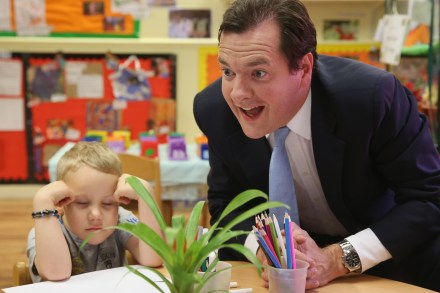Yes, let’s have a debate about teenage sex and the age of consent
Whenever a public figure says ‘we need a debate here’, as Professor John Ashton, president of the Faculty of Public Health, has done, it doesn’t need much in the way of translation to interpret this as ‘let’s change the law to my way of thinking’. Alas, the debate he started so promisingly about lowering the age of consent to 15, with the pundits all nicely worked up, has been nipped cruelly in the bud by Downing Street. David Cameron, possibly taking the view that he has upset social conservatives quite enough with the gay marriage issue, has said the government isn’t going there. And given that Labour policy is getting quite



















